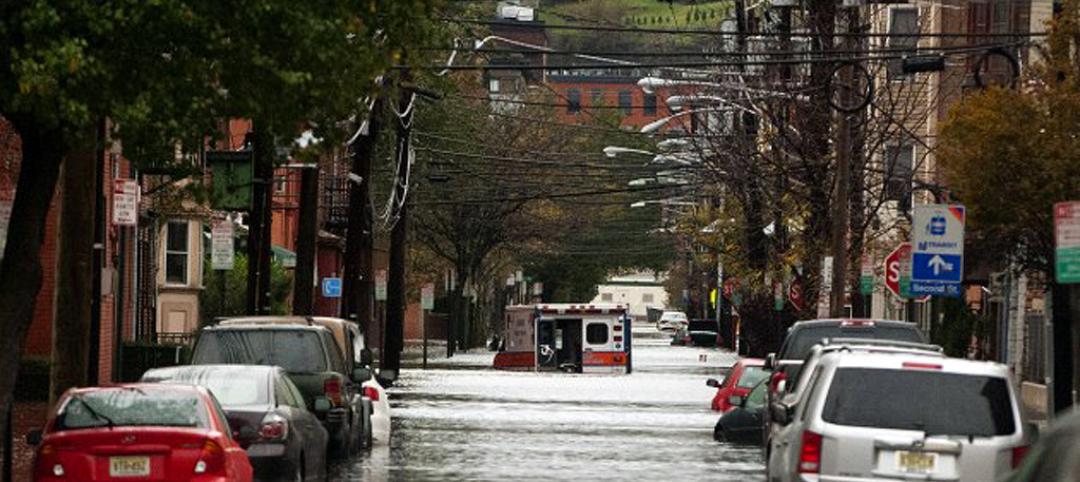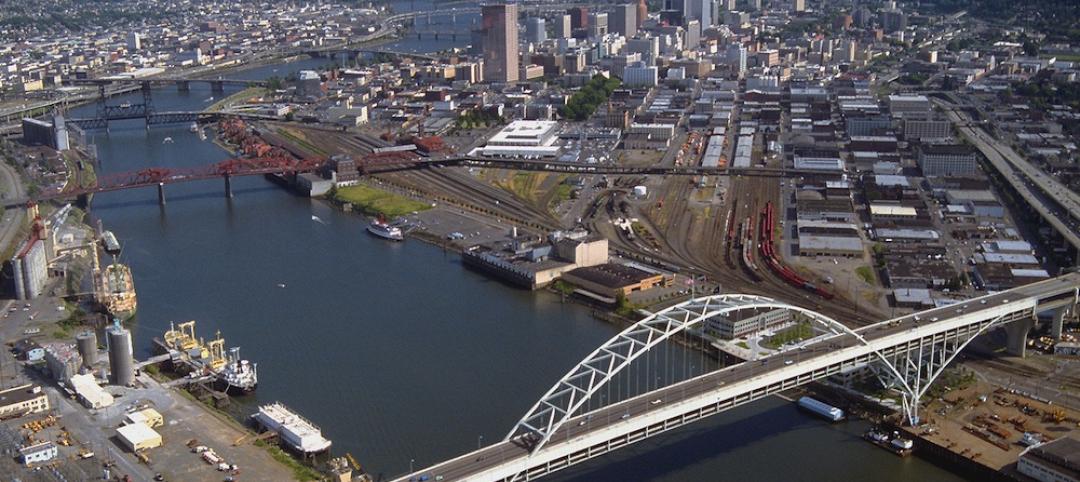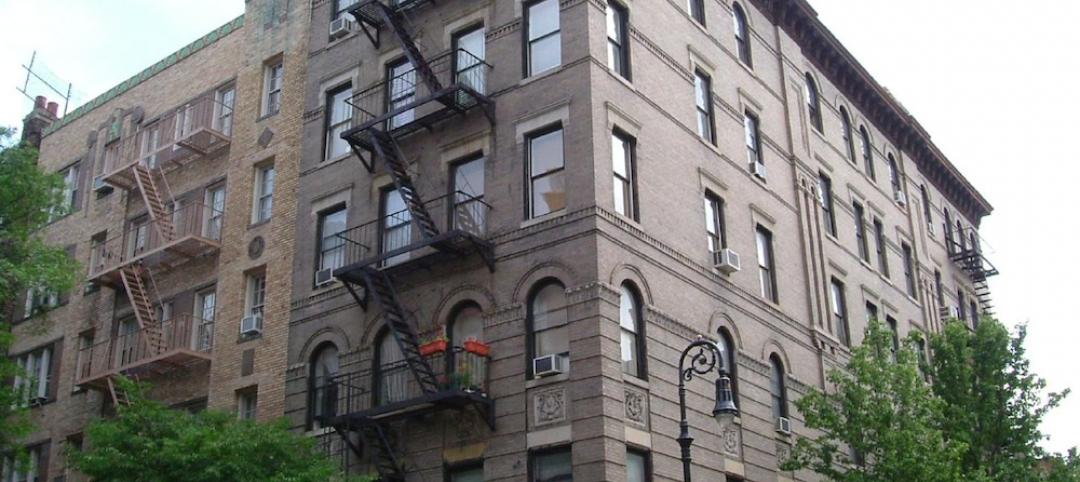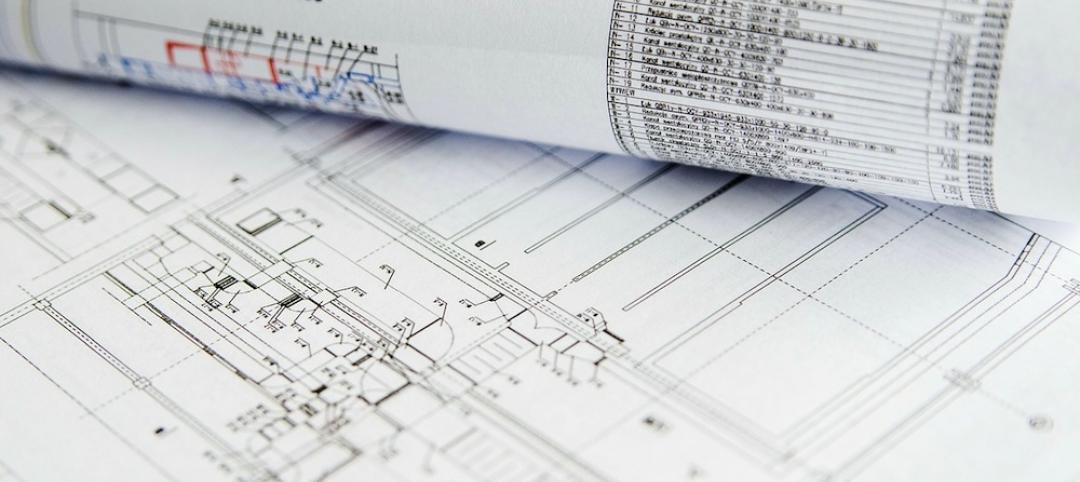Two years ago, a plan to create a smart city project along Toronto’s waterfront was unveiled with great fanfare.
Since then, the proposal, spearheaded by Sidewalk Labs, a subsidiary of Alphabet (Google’s parent company) has prompted extensive public criticism and a lawsuit by the Canadian Civil Liberties Association over data privacy and misuse concerns. The ambitious project was conceived as a showcase for the latest smart city technologies.
The project is to be centered on sustainable and safe transportation systems, and efficient and affordable housing. Technology such as “adaptive traffic lights” would prioritize cyclists and pedestrians and study the possibility of autonomous transit options. Innovative building materials and new occupancy models, like “co-housing”, would offer green, reasonably-priced housing.
With sensors tracking people and vehicles sprinkled throughout the development, privacy rights advocates are concerned that the data could be used for surveillance and discourage people to exercise free speech rights. It didn’t help that at public hearings Sidewalk Labs seemed unable to spell out where this data would be stored and how it would be used.
The company also presented a greatly expanded scope of the proposal from the original 12 acres to a 190-acre area at a public meeting, perhaps misreading the intent of the agreement with the city. These issues have caused delays to the project, but Waterfront Toronto, the city group overseeing it, recently voted to go forward with the 12-acre development.
Other smart city projects around the globe, including in South Korea and India, have been also been plagued by delays and controversies. These challenges indicate that making cities smarter will not be easy.
Related Stories
Smart Buildings | Aug 21, 2015
Federal Alliance for Safe Homes offers plan to strengthen codes for disaster resilience
Some states losing ground on resilience, group says
Codes and Standards | Aug 21, 2015
After disease outbreak, ASHRAE legionella standard adopted in New York
City Council acts after 12 die of legionellosis
Codes and Standards | Aug 13, 2015
Research indicates major earthquake looming for Pacific Northwest
Most structures built before seismic codes instituted; extreme damage predicted
Codes and Standards | Aug 13, 2015
New York City may allow affordable housing developers to ‘double dip’ in subsidies
New York City may allow affordable housing developers to ‘double dip’ in subsidies
Codes and Standards | Aug 13, 2015
L.A. considers controversial traffic calming measures
Goal is to encourage alternative transportation
Codes and Standards | Aug 13, 2015
Proposed facility smart grid standard open for public review
Goal is common way to describe, manage, communicate about electrical energy consumptions, forecasts
Codes and Standards | Aug 6, 2015
AAMA updates methods for testing of exterior walls
The standard specifies test methods, specifications, and field checks to evaluate structural adequacy of exterior wall systems composed of curtain walls, storefronts, and sloped glazing.
Codes and Standards | Aug 6, 2015
Difference in male-female thermal comfort is due to clothing, ASHRAE says
Women wear lighter clothing in the summer, so they tend to be cooler in air-conditioned rooms, according to the group.
Codes and Standards | Aug 6, 2015
ConsensusDocs releases new CM agency contract standard agreement
For use when owner acts as the construction manager, hires a construction manager, or uses multiple prime contractors
Codes and Standards | Jul 31, 2015
AIA, International Code Council reach collaborative agreement on building codes
The deal covers a wide range of initiatives, including code development, compliance, and sustainability.















